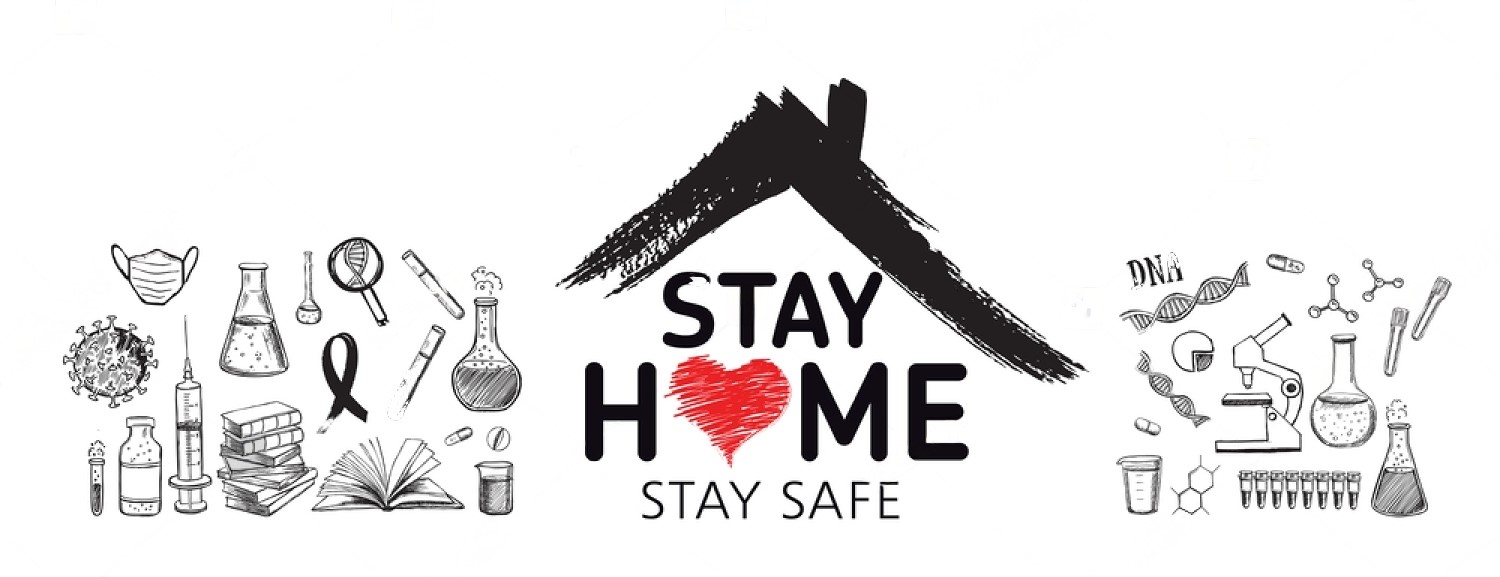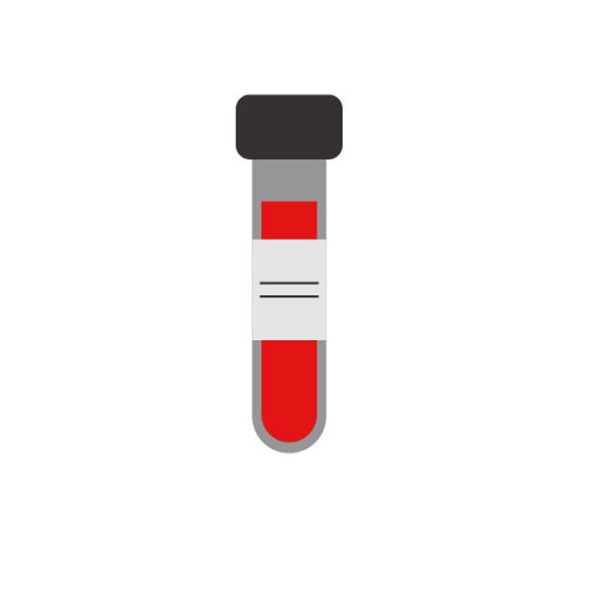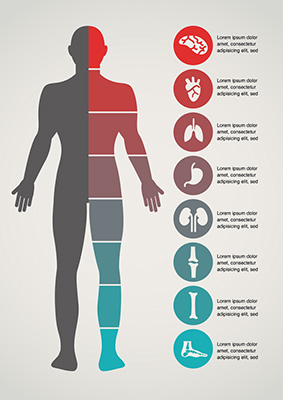Anti mitochondrial antibodies (AMAs)
Antimitochondrial antibodies (AMAs) are an example of an autoimmune response that occurs when the body turns against its own cells, tissues, and organs. When this happens, the immune system attacks the body as though it were an infection. The AMA test identifies elevated levels of these antibodies in your blood.
Anti phospholipid antibodies (APA) IGG
Anti phospholipid antibodies (APA) are a group of autoantibodies that bind to negatively charged phospholipids. Anti phospholipid antibodies have been associated with thrombotic events which could lead to pregnancy loss, venous and arterial thrombosis and thrombocytopenia. Anti phospholipid antibodies prevent the blood to flow properly resulting in blood clots causing a health risk to both the mother and the baby. Some important types of phospholipid antibodies are: anticardiolipin; antinuclear and lupus antibodies
Anti phospholipid antibodies (APA) IGM
Anti phospholipid antibodies (APA) are a group of autoantibodies that bind to negatively charged phospholipids. Anti phospholipid antibodies have been associated with thrombotic events which could lead to pregnancy loss, venous and arterial thrombosis and thrombocytopenia. Anti phospholipid antibodies prevent the blood to flow properly resulting in blood clots causing a health risk to both the mother and the baby. Some important types of phospholipid antibodies are: anticardiolipin; antinuclear and lupus antibodies.
Anti Thyroglobulin antibodies (ATG)
Antithyroglobulin antibodies can be a sign of thyroid gland damage caused by the immune system. They may be measured if thyroiditis is suspected. Measuring thyroglobulin antibody levels after treatment for thyroid cancer can help your provider decide what the best test is to monitor you for a recurrence of the cancer
Anti-double stranded DNA (anti-dsDNA)
Anti-double stranded DNA (Anti-dsDNA) Titre
In the evaluation of someone with lupus nephritis, a high level (titer) of anti-dsDNA is generally associated with ongoing inflammation and damage to the kidneys. A very low level of anti-dsDNA is considered negative but does not exclude a diagnosis of lupus. Only about 65-85% of those with lupus will have anti-dsDNA
Anti-glomerular basement membrane antibody (GBM)
Anti-Mullerian Hormone (AMH)
Anti-MuSK antibody
An anti-MuSK antibody test is used to help diagnose myasthenia gravis (MG) in people with signs and symptoms associated with MG but who test negative for AChR antibodies. Testing is used to distinguish MG from other conditions that may cause similar symptoms, such as chronic muscle fatigue and weakness
Anti-Smith (Sm) antibody
Anti-SSA autoantibodies
Anti-SSB antibodies
Antibodies against SSB/La are present in 40-50% of patients with primary Sjögren syndrome and in 15% of patients with SLE. Finding antibodies against SSB/La in patients without antibodies against SSA/Ro is unusual, but this combination has occurred in patients with primary biliary cirrhosis and autoimmune hepatitis.




